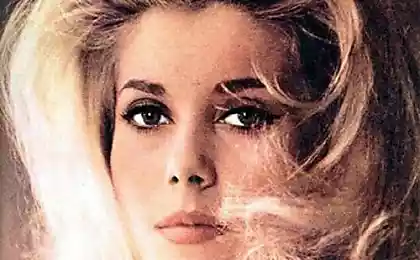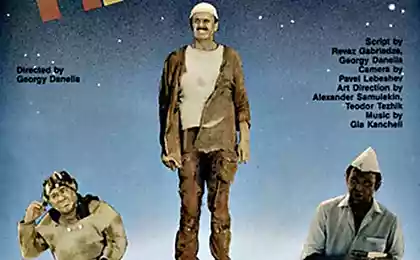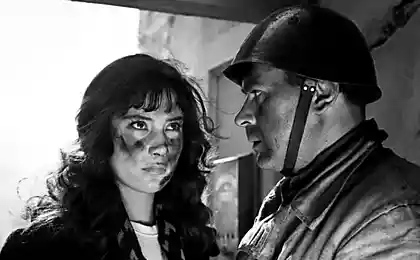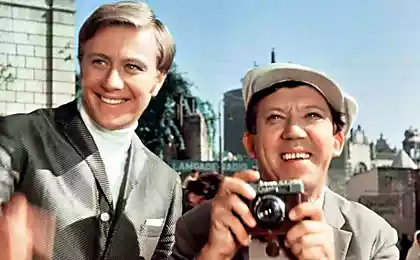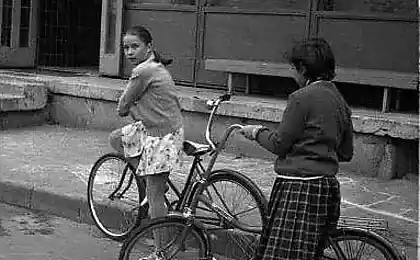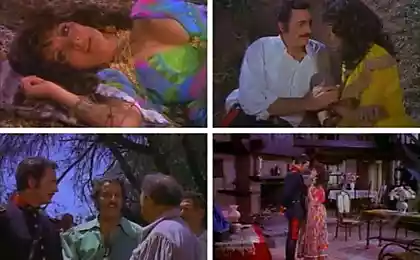179
Why the American audience criticizes the film “Moscow does not believe in tears”
Soviet cinema "Moscow does not believe in tears" In 1980, it became the leader of the rental - about 90 million people saw it. And in 1981, the melodrama was even awarded the Oscar in the nomination “Best Foreign Language Film”.
Today's edition. "Site" It offers to find out why the screen characters, who were so loved by the Soviet audience, were negatively perceived in the West. And did Gosh, played by Alexei Batalov, really deserve criticism?
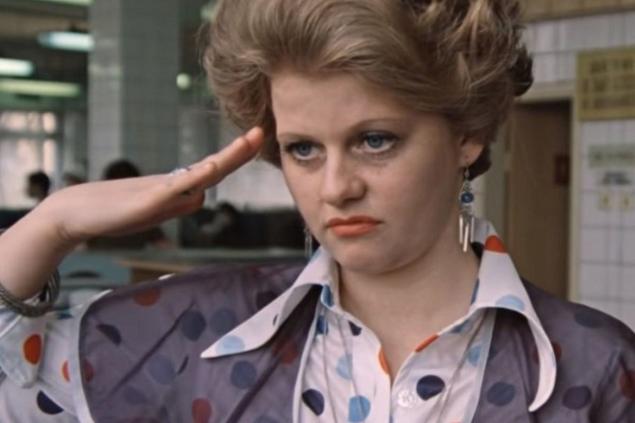
Movie "Moscow does not believe in tears" Of course, Vladimir Menshov’s film turned out to be very successful. It was well received by the audience both in the USSR and abroad. Even today, such a movie can be watched and revised with interest.
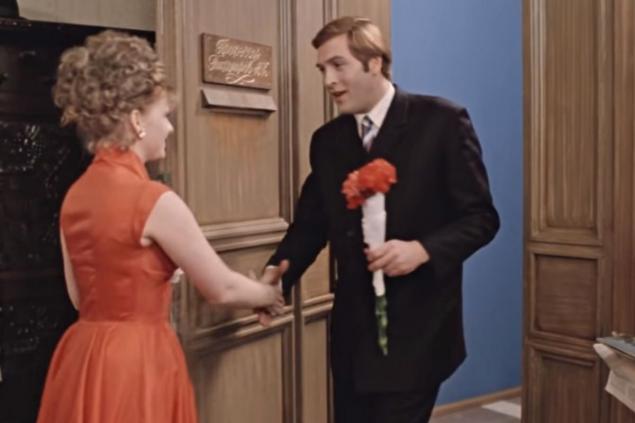
However, the modern viewer, who at least a little watching what is happening on the screen, will probably see a lot of strange things. Especially surprising is the behavior of the main character – Goshi. And he's not pleasantly surprised.
It is interesting to watch the reaction and comments of American viewers who decided to watch the film from beginning to end. How did they react?
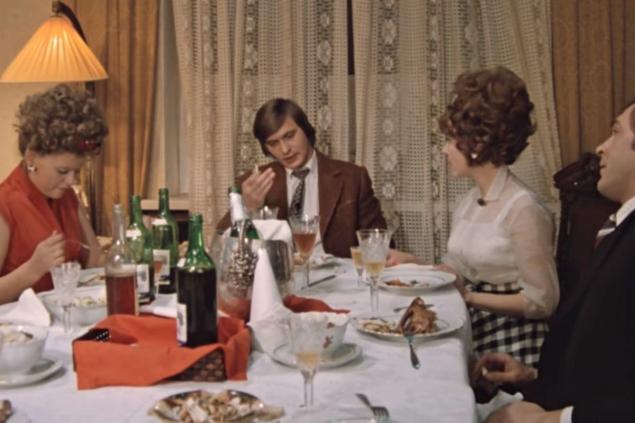
Indeed, modern people do not want to perceive Gosha. Although Batalov played a great role, but the character and behavior of the locksmith, which went to Katerina, is difficult to call acceptable.
Gosha is acting unceremoniously. He then tries to make a good impression, then masters someone else’s house, then makes his beloved apologize. He’s going to decide everything because he’s a man.
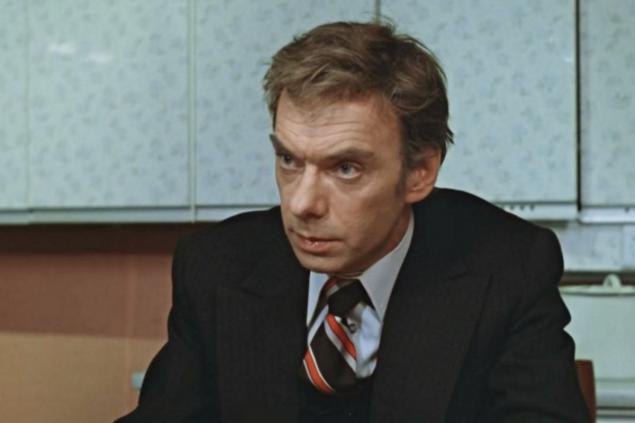
Of course, at the time the film was filmed and debuted on screens, the world was different. The Soviet people were far away from many of the questions that so outrage Western viewers today. Therefore, to some extent, the image of Katerina and the image of Goshi can be understood.
Do you like this movie? Is Goshi's behavior acceptable to you?
Today's edition. "Site" It offers to find out why the screen characters, who were so loved by the Soviet audience, were negatively perceived in the West. And did Gosh, played by Alexei Batalov, really deserve criticism?

Movie "Moscow does not believe in tears" Of course, Vladimir Menshov’s film turned out to be very successful. It was well received by the audience both in the USSR and abroad. Even today, such a movie can be watched and revised with interest.

However, the modern viewer, who at least a little watching what is happening on the screen, will probably see a lot of strange things. Especially surprising is the behavior of the main character – Goshi. And he's not pleasantly surprised.
It is interesting to watch the reaction and comments of American viewers who decided to watch the film from beginning to end. How did they react?

- It’s hard to believe that I spent two and a half hours on a film at the end of which Katerina reunited with this Gosha. He's a pretentious sexist. I am so sorry for her, Ida shared her impressions.
- “Beautiful shot, talented and tasteful, but the message to me, frankly, is completely incomprehensible. Why couldn’t we focus on the friendship of these women? Instead, for about an hour, we watched a single mother try to fulfill herself by subduing herself to a weird guy. It is hard to call him anything but a patriarchal hillbilly, Jenny resented.
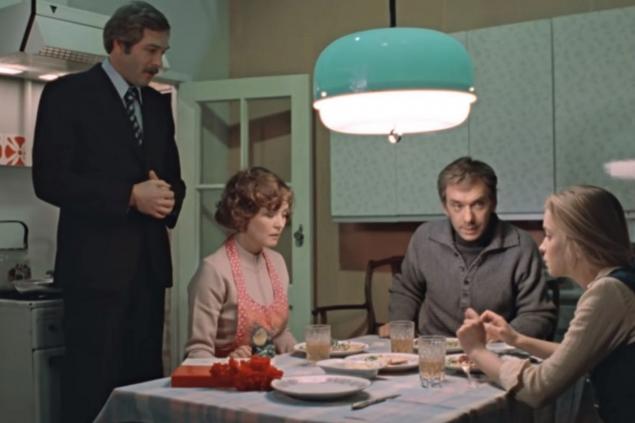
- “What a terrible narcissist this Gosha is! What a ridiculous conceit and arrogance he has. I'm just sure he'll be a real tyrant in his family life. It is strange that the film has such a finale, said Sofia. 472822
Indeed, modern people do not want to perceive Gosha. Although Batalov played a great role, but the character and behavior of the locksmith, which went to Katerina, is difficult to call acceptable.
Gosha is acting unceremoniously. He then tries to make a good impression, then masters someone else’s house, then makes his beloved apologize. He’s going to decide everything because he’s a man.

Of course, at the time the film was filmed and debuted on screens, the world was different. The Soviet people were far away from many of the questions that so outrage Western viewers today. Therefore, to some extent, the image of Katerina and the image of Goshi can be understood.
Do you like this movie? Is Goshi's behavior acceptable to you?
Predictions of astrologer Maria Onishchenko about the approach of the end of the war
You can prepare Thursday salt only once a year, we share monastery recipes.










